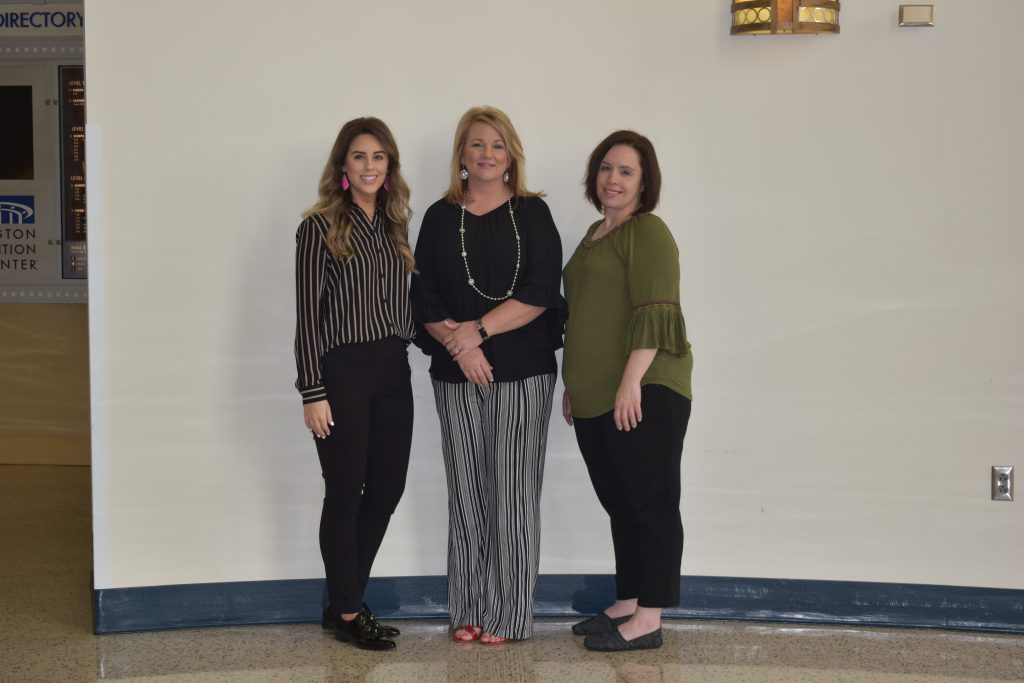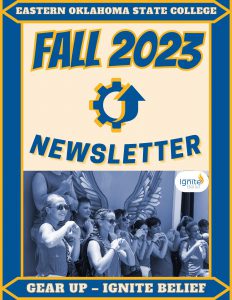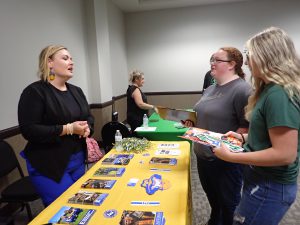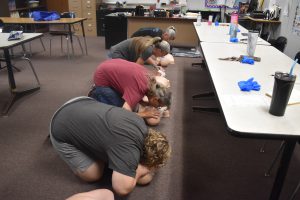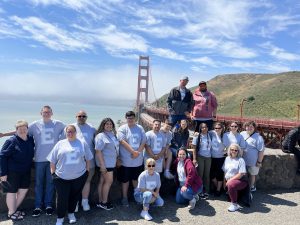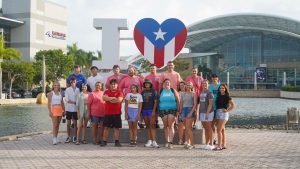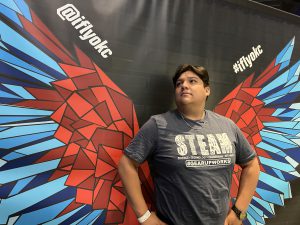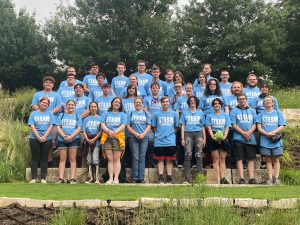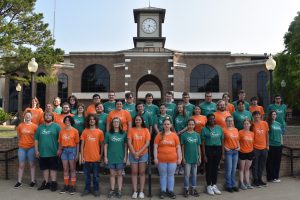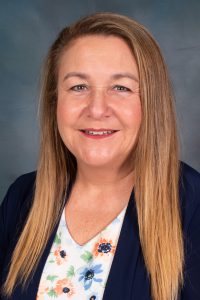Three Eastern Oklahoma State College GEAR UP team members recently attended the 2019 Rural College Access and Success Summit at The Lexington Convention Center in Lexington, Kentucky. Over 500 educators from across the United States attended the Summit. Team GEAR UP team members attending were Education Coordinator LaDonna Baldwin, Education Coordinator Leslie Hemphill, and Assistant Project Director Dara Self.
The opening plenary began with a sophomore at Utah State University, Kendall Montoya. Montoya shared insights on how her journey growing up in New Mexico as a rural community member led her to now being a first-generation university student.
President and CEO of The Education Trust and former U.S. Secretary of Education, Dr. John B. King Jr., shared about boundaries that rural students encounter as first-generation college students. King discussed how “not feeling worthy” is the top boundary that rural students face and gave the acronym BARR (Building, Assets, Risks, and Relationships) to help educators better help rural students.
“We shouldn’t look at the student as a student—a boy or a girl—but as a whole human,” said King. “There are too many areas included in the makeup of each student. For example, school, home, friends, work, and the raising of siblings—all create the need to look at the whole picture.”
The final plenary for the opening day was presented by Dr. Francisco Guajardo, the Executive Director of the B3 Institute at the University of Texas Rio Grande Valley and a Professor of Organization and School Leadership. He shared how growing up with his father and the wisdom gained through the experiences he had growing up molded him into who he is today. Finally, The Crossroads Youth Theater of Appalachia performed a skit on the challenges they face as students from rural areas.
Day two of The Rural College Access and Success Summit began with two motivational speakers. Adam Strong, from Southeastern Kentucky, explained how his path to adulthood was shaped by his childhood. He grew up as a foster child but was able to accomplish educational and professional success with the encouragement of supportive teachers. New Jersey native and a graduate of Rutgers University, Kaysie Getty discussed how her journey through college and facing challenges helped her beat the odds as she moved from the foster care system to college graduate.
President of the Kentucky Council on Postsecondary Education, Aaron Thompson encouraged to provide an education to rural students and to focus on career success. Aaron expressed emphasis on not only taking away different things to do from this Summit but to more importantly focus on what needs to be done then DO those things. “It does no good to anyone to just think or talk of things that need to be done, to be successful you must complete it,” said Thompson.
The final session included two panels of professionals discussing how poverty and crisis helped mold and make them who they are today. The first panel featured the President and CEO of Operation UNITE (Unlawful Narcotics Investigations, Treatment and Education) Nancy Hale; founder of the Recovery Cube Kristen Harper; and the Kentucky Department of Public Health Commissioner Dr. Jeff Howard. Each had gone through a crisis in his or her life and now have recovered to help others going through similar circumstances. The final panel included the Executive Director of Community Mobilization at the Ballmer Group, Jeff Edmondson; President and CEO of StriveTogether, Jennifer Blatz; and President and CEO of Policy Link, Dr. Michael McAfee. They outlined how to create pathways out of poverty.
Each team member also attended sessions between plenary sessions.
“Attending the 2019 Rural College Access and Success Summit was a wonderful opportunity to interact with other educators working in rural schools,” said Education Coordinator LaDonna Baldwin. “It’s always good to get new ideas on how to better reach our students and parents while serving rural areas.”
In 2017, Eastern received a seven–year, $17 million federal GEAR UP grant and is in its second year of implementation. Eastern currently serves over 3,000 students in 39 partner schools in nine counties.

